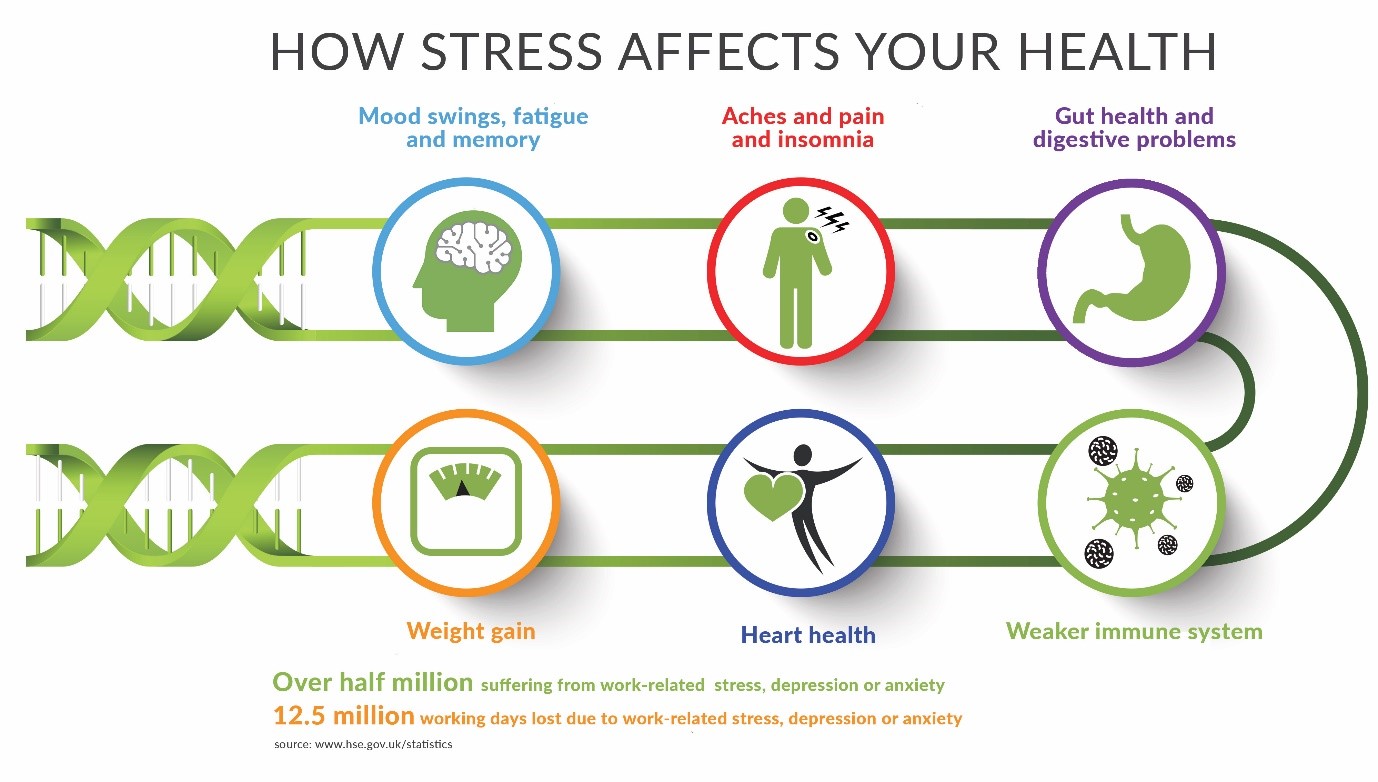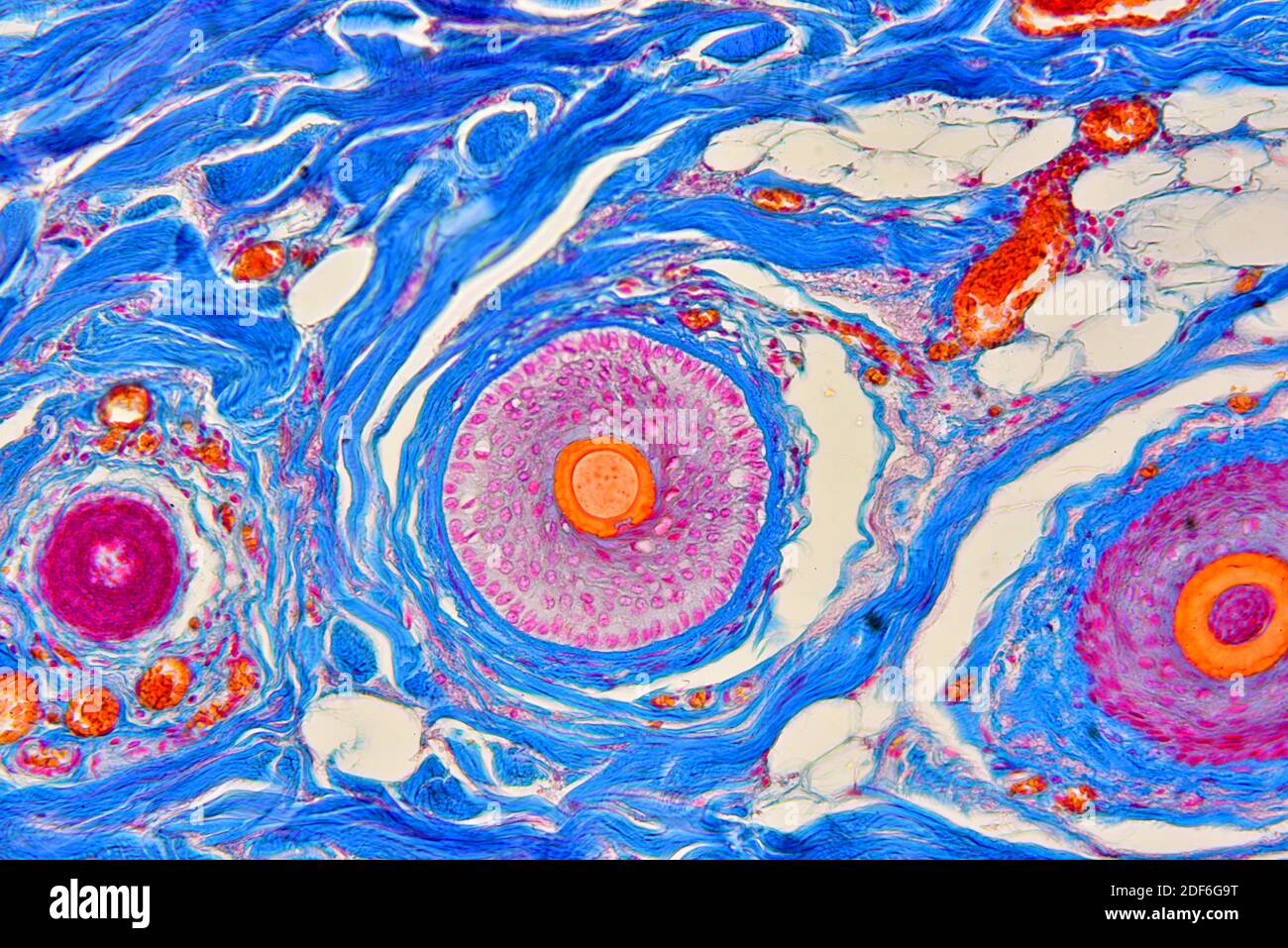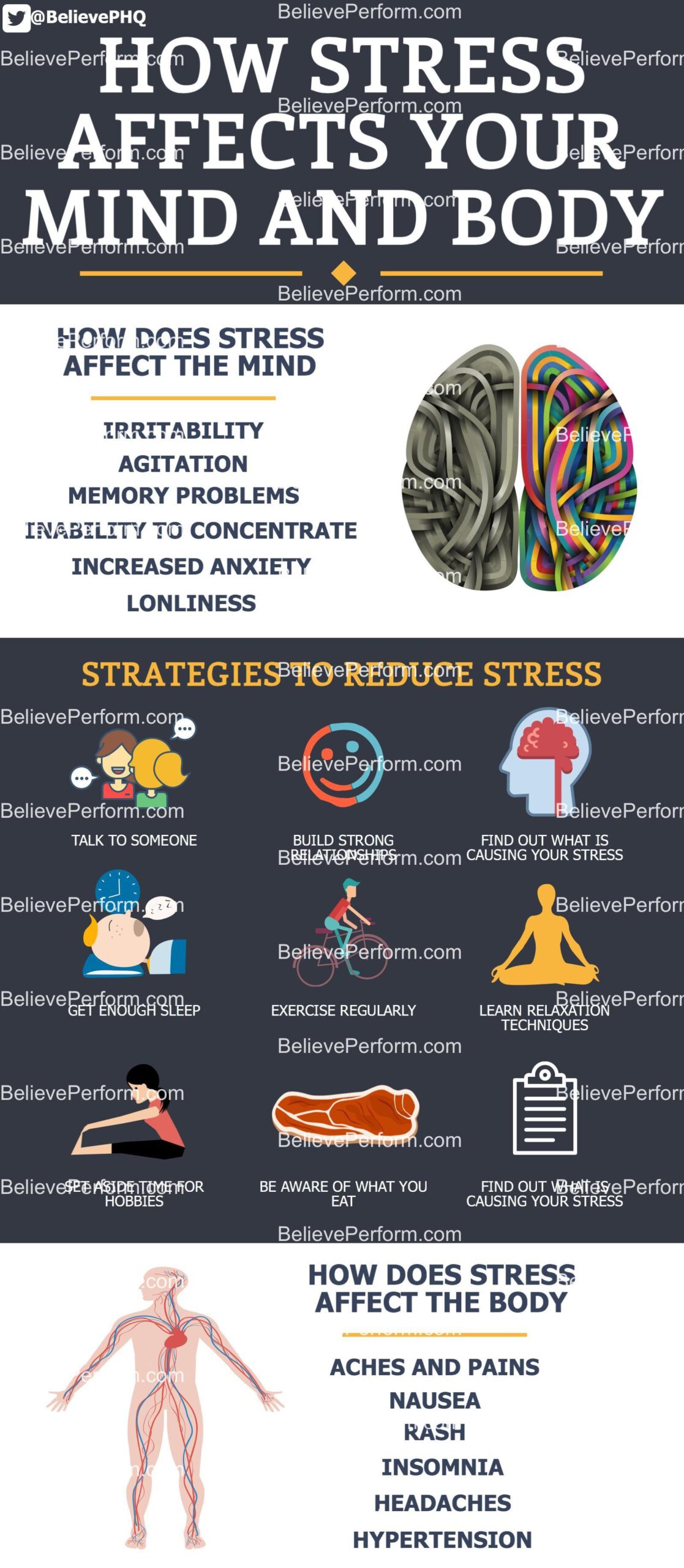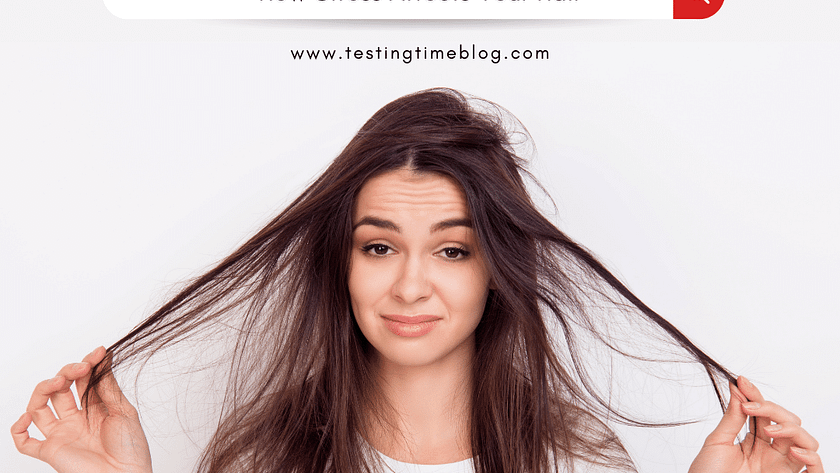How Stress Affects Your Hair (and What to Do About It)
How Stress Affects Your Hair (and What to Do About It)
Stress is an undeniable part of modern life. From demanding jobs and financial worries to relationship issues and global events, we're constantly bombarded with pressures that can take a toll on our physical and mental well-being. And surprisingly, one of the first places this stress manifests can be in our hair. At hairy.cartlab.web.id, we understand the intricate connection between your overall health and the health of your hair. This comprehensive guide will delve into the multifaceted ways stress impacts your hair, exploring the underlying mechanisms and offering practical strategies to mitigate its negative effects. We'll equip you with the knowledge to understand and address this common concern, helping you achieve healthier, stronger, and more vibrant hair. Remember, taking care of your hair is a vital aspect of self-care, and understanding the impact of stress is the first step towards a healthier you.
Stress is a significant contributor to various health problems, and its influence on hair health is often overlooked. Many individuals experience visible changes in their hair due to stress, leading to frustration and concern. This article aims to provide a clear understanding of this connection, empowering you to take proactive steps towards healthier hair growth and overall well-being. By understanding the biological processes involved and implementing the strategies outlined below, you can take control of your hair health and reduce the negative effects of stress.

The Science Behind Stress-Induced Hair Loss

Stress triggers a cascade of physiological changes within the body. One key player is the hormone cortisol, often referred to as the "stress hormone." Elevated cortisol levels, sustained over time, can disrupt the hair growth cycle. This cycle, known as the anagen-catagen-telogen cycle, involves three phases:
- Anagen (growth phase): This is the longest phase, lasting several years, where hair follicles actively produce new hair.
- Catagen (transition phase): A short transitional phase where hair growth slows down.
- Telogen (resting phase): A phase where hair growth stops completely, and the hair follicle rests before shedding.
Furthermore, stress can impact the quality of your hair. High cortisol levels can lead to thinner, weaker hair shafts that are more prone to breakage and damage. This can result in a reduction in overall hair volume and a dull, lifeless appearance. Therefore, addressing stress is not just about preventing hair loss; it's also about maintaining the health and vitality of the hair you already have.
Stress and Hair Texture Changes

Beyond hair loss, stress can also affect the texture and overall appearance of your hair. Individuals experiencing significant stress may notice changes in their hair's texture, becoming drier, more brittle, or prone to increased frizz. This is because stress can interfere with the scalp's ability to produce sufficient sebum, a natural oil that keeps hair moisturized and healthy. A lack of sebum can lead to dry, brittle hair, making it more susceptible to breakage. Moreover, stress can disrupt the hair's cuticle, the outermost layer protecting the hair shaft. A damaged cuticle results in hair that appears dull, lacks shine, and is more prone to tangling. For those concerned about maintaining healthy hair texture, managing stress levels is crucial. To help keep your hair hydrated, consider reading our article on "How to Hydrate Your Hair From the Inside Out" (hairy.cartlab.web.id/how-to-hydrate-your-hair-from-the-inside-out).
Nutritional Deficiencies Exacerbated by Stress
Stress can significantly impact our eating habits. Many people turn to comfort foods high in sugar and unhealthy fats during stressful periods, neglecting nutrient-rich options essential for hair health. These poor dietary choices can lead to deficiencies in essential vitamins and minerals, further compromising hair growth and strength. Vitamins like biotin, vitamin D, and iron play crucial roles in hair follicle function and hair growth. When these nutrients are lacking, hair can become weak, brittle, and prone to shedding. Prioritizing a balanced diet rich in fruits, vegetables, lean proteins, and whole grains is essential for maintaining optimal hair health, especially during stressful times. Furthermore, ensuring adequate hydration is vital, as dehydration can also negatively impact hair health.
Managing Stress for Healthier Hair

Addressing the underlying stress is key to improving hair health. Here are some strategies to help manage stress effectively:
- Mindfulness and Meditation: Practicing mindfulness techniques, such as meditation or deep breathing exercises, can help calm the nervous system and reduce cortisol levels. Even a few minutes a day can make a significant difference.
- Regular Exercise: Physical activity is a powerful stress reliever. Aim for at least 30 minutes of moderate-intensity exercise most days of the week.
- Sufficient Sleep: Getting adequate sleep (7-9 hours per night) is crucial for overall health and stress management. Prioritize sleep hygiene by creating a relaxing bedtime routine.
- Social Support: Connect with loved ones and build a strong support network. Talking to friends, family, or a therapist can provide emotional support and help manage stress.
- Professional Help: If stress is significantly impacting your life and hair health, consider seeking professional help from a therapist or counselor. They can provide guidance and support in developing effective coping mechanisms.
Hair Care Tips for Stress-Related Hair Concerns

In addition to managing stress, adopting a gentle hair care routine can help minimize further damage and promote healthier hair growth. Avoid harsh chemicals, excessive heat styling, and tight hairstyles that can pull and damage hair. Choose sulfate-free shampoos and conditioners to avoid stripping the hair of its natural oils. Gentle detangling, as described in our article "How to Brush Your Hair Without Causing Damage" (hairy.cartlab.web.id/how-to-brush-your-hair-without-causing-damage), is crucial to prevent breakage. Consider incorporating a scalp massage into your hair care routine to stimulate blood flow to the hair follicles. If you're aiming for longer, healthier hair, check out our article on "How to Grow Your Hair Longer, Faster" (hairy.cartlab.web.id/how-to-grow-your-hair-longer-faster).
Conclusion:
Stress is a significant factor impacting hair health, leading to hair loss, changes in texture, and overall deterioration. By understanding the science behind this connection and implementing the strategies outlined above, you can effectively manage stress and promote healthier, stronger hair. Remember, addressing stress is not just about improving your hair; it's about improving your overall well-being. For more information on managing stress and its impact on your hair, visit How Stress Affects Your Hair (and What to Do About It). Taking proactive steps to manage stress and nourish your hair is an investment in your physical and mental health.
(Remember to replace the bracketed image placeholders with actual images.)
Komentar
Posting Komentar